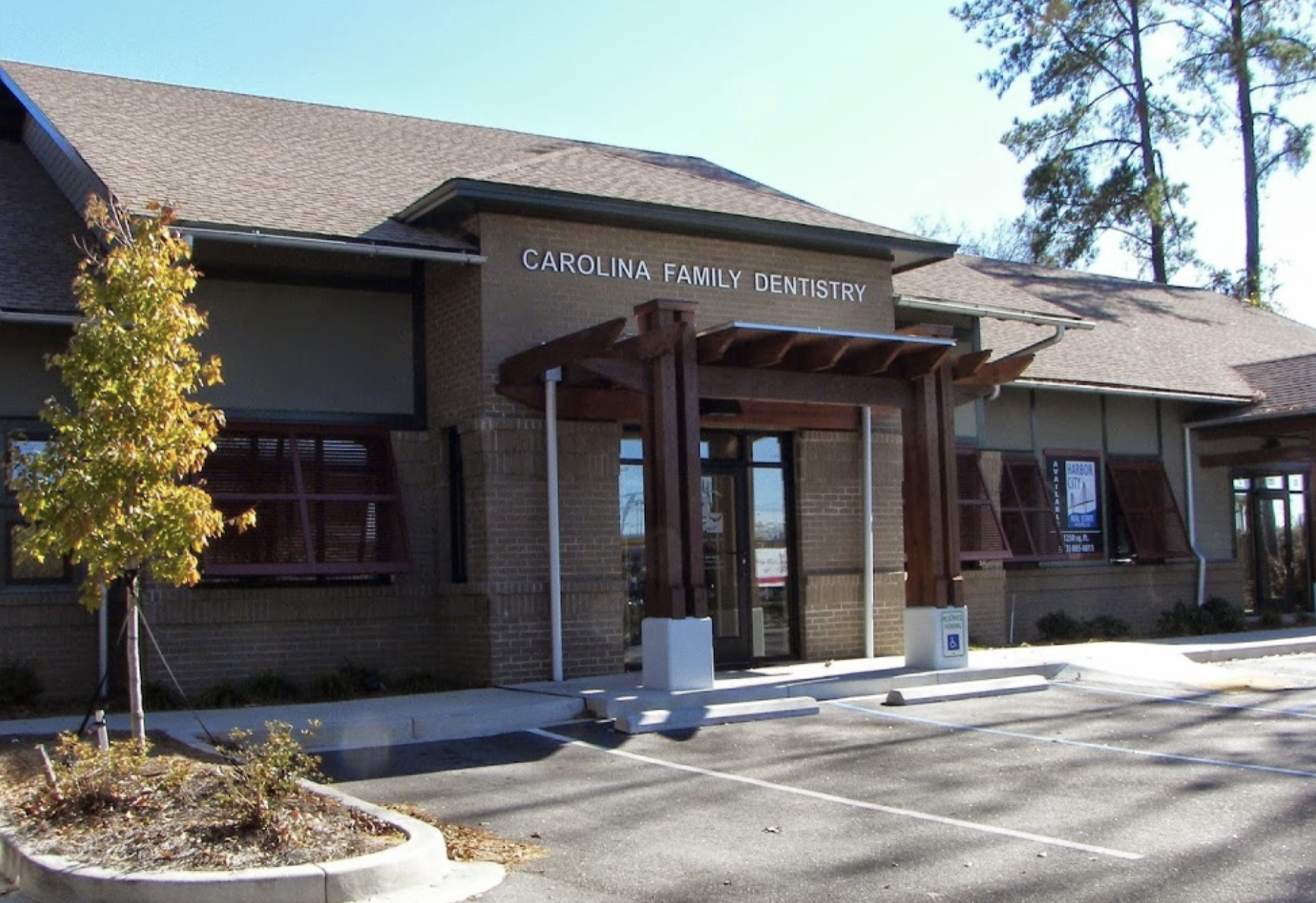We at Carolina Family Dentistry want everyone to have the knowledge they need in case they or a loved one has an accident or other event that results in the need for immediate dental care.

An article covering the subject of emergency dentistry entitled 'How to Handle Dental Emergencies' has now been released and published by Carolina Family Dentistry, have been providing family, cosmetic, and restorative dentistry to the Charleston, SC community since 1961. The article brings to light fascinating information, especially for people who want to know what how to handle a dental emergency.
The entire article can be read at https://www.carolinasmiling.com/how-to-handle-dental-emergencies/
According to the American Dental Association, two million people visit the emergency room each year for dental emergencies. The problem with this is that most emergency rooms don’t have dentists to provide treatment, and most physicians aren’t able to provide dental care. Believe it or not, it is illegal for anyone other than a dentist to pull a tooth or fill a cavity, so they are only able to prescribe antibiotics or painkillers – which are only a temporary solution.
If you are experiencing severe pain or swelling that spreads into your face and eyes or have jaw issues, then definitely head to the ER, otherwise here are some ways to deal with dental emergencies until you can get to your dentist or an emergency dentist.
Toothache
Toothaches are fairly common. Most dentists would advise against heading to the ER for a toothache unless your pain is unbearable. You should brush and floss your tooth to get rid of any excess food that could be causing the irritation and then rinse with warm water. You should then set up an appointment with your dentist, so they can get to the bottom of what’s causing your pain and discuss further steps.
Knocked-Out Tooth
If your tooth is knocked out it’s important to save the tooth. When handling the tooth, try not to touch the root and clean it off. Next, try to put it back in the socket until you can get to your dentist. If you can’t keep it in the socket, put it in milk or in your mouth next to your teeth to keep it moist until you arrive at the dentist.
The best way to prepare for a dental emergency is to try to prevent them if possible. You should set an appointment to see your dentist every six months to avoid cavities, wear a mouth guard during sports, avoid chewing ice or other hard foods, and opening things with your teeth.
Anyone who has a specific question about this article or wants more information, please call us at 843-553-0911 or visit the link above.
